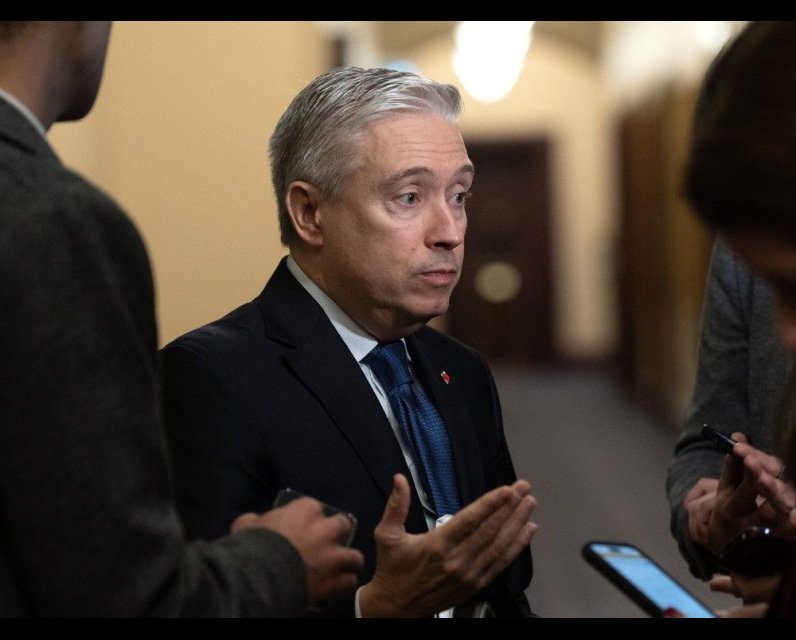New report card gives Liberal government a 'D' in fiscal accountability

OTTAWA — With its next budget just a couple of weeks away, the Liberal government has received a lousy report card from a leading think tank for poor fiscal accountability.
In a report to be released Thursday, the federal government received a “D” grade in fiscal accountability from the C.D. Howe Institute because Ottawa lost hefty marks for lateness and a lack of transparency.
The government’s lateness is a result of not yet producing a budget for this fiscal year, even though the year is already about half over. Its opaqueness includes burying “key numbers hundreds of pages deep in its budget, inconsistent accounting and delayed financial statements.”
In receiving its worst grade over the last five years in the institute’s annual report card on this subject, Ottawa also lost points for failing to present consolidated expenses and posting a large gap between projected and actual results.
To make matters worse, the think tank’s report says the federal government is on track to score even worse, with an “F,” for its fiscal 2025-26 performance. “The federal government’s announcement of a budget in November of 2025 means it has effectively produced no budget” for this year, the report says.
But Ottawa wasn’t the only government that has some work to do, the C.D. Howe Institute says. In “Making the Grade: The Fiscal Accountability Report Card for Canada’s Senior Governments, 2025,” Manitoba and the Northwest Territories both received even worse grades than the federal government, scoring grades of D-.
Alberta, on the other hand, was seen as the country’s star pupil, landing an A+ for presenting numbers consistent with public sector accounting standards in all documents, releasing its public accounts within 90 days of the end of the fiscal year and providing regular updates during the year.
Quebec also did well (B+), followed by Prince Edward Island, Nova Scotia, New Brunswick, Saskatchewan, British Columbia, Yukon and Nunavut, each of which scored a B. Ontario scored a B-, with Newfoundland and Labrador getting a C.
Unlike most fiscal reports, this analysis is not about whether governments are being responsible with taxpayer dollars or whether they’re running deficits. Instead, it assesses whether citizens, reporters, and other legislators can easily get the information they need about their governments’ spending plans.
Canadians shouldn’t have to be experts in reading balance sheets and annual reports to understand how their money is being spent, the report says. “The user of those documents should be able to see what that government plans to do before the year starts,” the report explains, “and to compare that with what it did shortly after the year has ended.”
This is not the first time in recent months that the institute has rung alarm bells over Ottawa’s fiscal performance. In July, C.D. Howe warned that the Carney government is poised to post a massive deficit of more than $92 billion during this fiscal year, almost double what was forecast just a few months earlier by a non-partisan arm of the government itself. If this fiscal year’s deficit turns out to be as hefty as projected, it would be the second-largest deficit in Canadian history, topped only by the $327.7 billion shortfall from the pandemic year of 2020-21.
A spokesman for Finance Minister François-Philippe Champagne was not immediately available for comment Wednesday.
National Post
Our website is the place for the latest breaking news, exclusive scoops, longreads and provocative commentary. Please bookmark nationalpost.com and sign up for our daily newsletter, Posted, here.




Comments
Be the first to comment